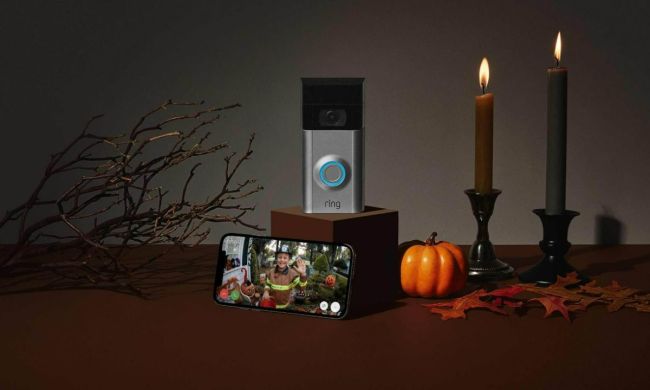Smart technology developers have been understandably excited about the smart home market and its projected market size of over $40 billion by 2020. But industry leaders Amazon, Google, and Apple are increasingly turning their ambitions to a potentially more lucrative market: Integration of their branded smart devices into a home as it is being built.
A new report from The Information indicates that Amazon and its Alexa-powered platform is thrashing Apple in this technological contest.
“As Amazon and Apple race to get consumers to buy smart devices that do everything from unlock a door to turn on lights, the companies are pursuing a second line of attack: Installing the devices in homes while they are under construction,” an article for The Information by Aaron Tilley and Priya Anand states. “On this front, Amazon appears to have an edge.”
Why is this happening? Fundamentally, Amazon’s smart assistant Alexa is far more advanced than Apple’s Siri, largely due to the fundamental difference in the two company’s approaches. Some home developers have commented that Apple’s “walled garden” approach to device evolution makes it too finicky for more complex smart home applications and smart appliances.
“Apple is closed source about what will talk to their system, so we shied away from it,” said CR Herro, a vice president with Arizona-based Meritage Homes. “I don’t want to restrict what I think the future could be because I have no idea what it will be.”
The integrated smart home market is an enormous playing field and Amazon is certainly having more real-world success in getting builders and developers to adopt their technology. Last year, Amazon struck a deal with Lennar, one of the largest homebuilders in the country, to integrate at least two Echo devices into every new smart home, along with Alexa-powered door locks, light switches, thermostats, and more.
Other developers who are leaning toward Amazon include Shea Homes, which is installing Amazon Dot devices in its smart home offerings, as well as Brookfield Residential, which has worked with both Apple and Amazon on smart home integration but most recently chose Amazon devices for a new division in Washington, D.C.
“This is exciting now, but pretty soon, smart homes will be standard,” said Adrian Foley, chief operating officer of Brookfield, to the Los Angeles Times. “To stay ahead of the competition, we’re going to keep layering on new technology.”
For developers for whom privacy is a primary concern, Apple’s garden may provide some comfort, as it did to Brookfield Residential when it chose Apple’s platform for a 66-home California-based development called The Collection.
However, more advanced developers are leaning toward Amazon specifically because of the astounding amount of skills available to Alexa. Amazon’s deal with Lennar includes a new line of Wi-Fi Certified Smart Homes designed to meet specific standards in terms of range and eliminating dead spots. With more than 20,000 skills developed by third-party developers so far, Alexa simply offers a wider range of benefits to smart home owners.
“It’s early, but we’re excited by the customer response,” said Amazon spokesman Jonathan Richardson. “Smart home has been one of the most popular features customers are using today.”


